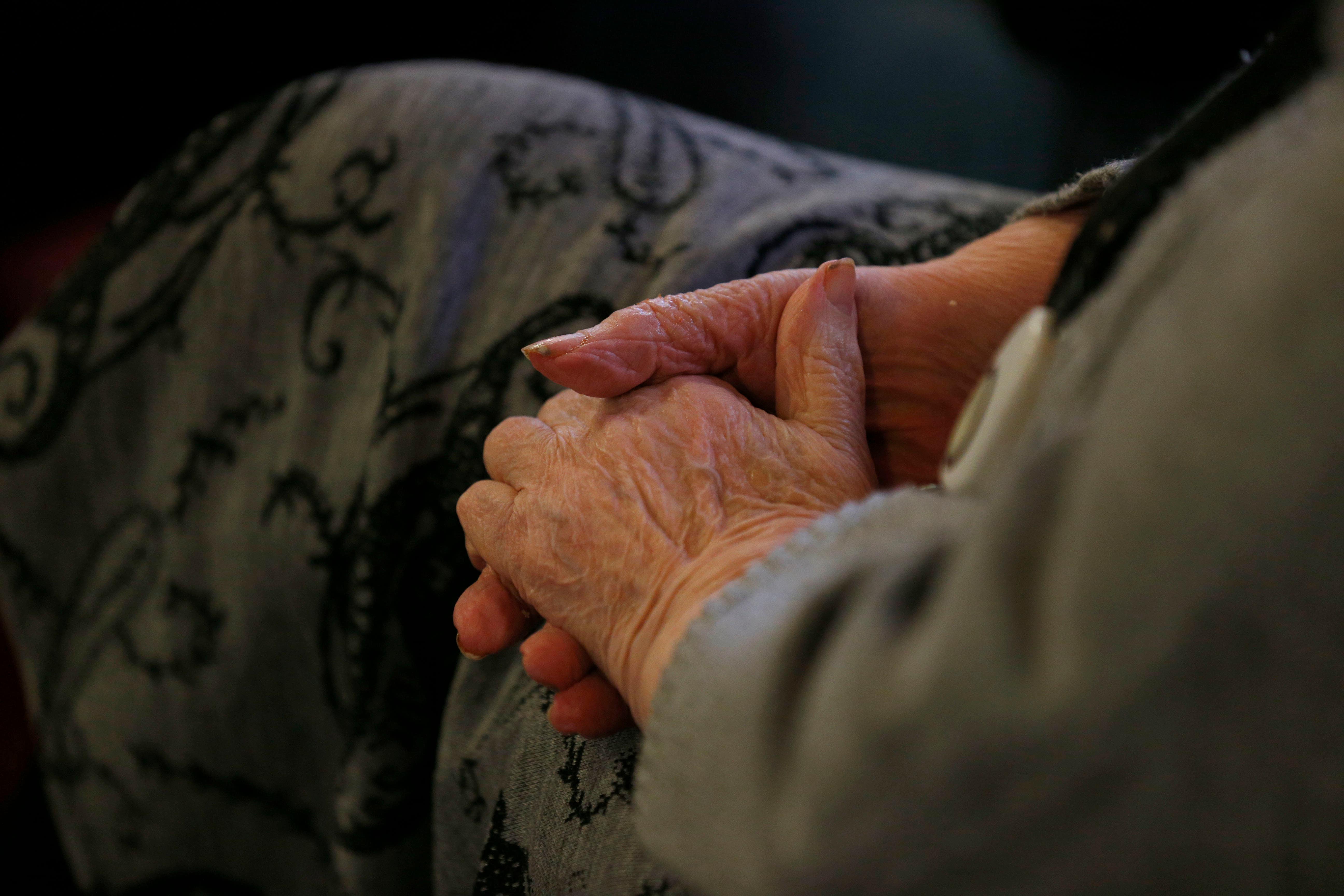Isolated older people ‘at health risk due to low levels of key nutrients’
Researchers say those living in isolation may not be getting the support and information they need for a healthy diet.

Older people who live alone or are socially isolated are more likely to have low levels of key nutrients in their diet such as vitamins C and B6 and folate – increasing their risk of health problems, scientists have said.
A study of nearly 4,000 UK adults aged 50 and over found those living in isolation were also at risk of having lower than recommended levels of minerals such as potassium and magnesium.
Low intake of these five important nutrients is associated with a higher risk of heart issues, decline of memory and thinking skills, and poorer bone and skin health, researchers from University College London (UCL) said.
Professor Andrew Steptoe, of UCL Behavioural Science & Health, said: “Our study shows that people who are more socially isolated are less likely to be getting enough micronutrients in their diet.
“This is important as inadequate intake of these micronutrients puts people at greater risk of health problems as they get older.
“One explanation for this link is that if you are more isolated, you might not have others around you to provide information about what is healthy and encourage a more varied diet.
“Older people also tend to stick to diets they know and might not vary their foods as much as they used to.”
Older people also tend to stick to diets they know and might not vary their foods as much as they used to
Micronutrients such as vitamins C and B6 and folate, potassium and magnesium, can be found in small quantities in fruit, nuts, vegetables, fish, seeds, and legumes such as peas, beans and lentils.
The researchers said the findings, published in the journal Age and Ageing, suggest isolated older people are not eating enough of these healthy foods to get the nutrients they need.
For the study, the researchers looked at data from the English Longitudinal Study of Ageing, or Elsa, involving 3,713 people.
Those taking part were asked to fill in a detailed questionnaire about what they ate and drank on two separate days.
People who responded were also scored on how socially isolated they were.
This was based on whether they lived alone or took part in social activities such as seeing friends and relatives, or going to clubs and other organisations.
Results showed half of those surveyed had a low intake of potassium, a third had a low intake of magnesium, a quarter were not getting enough calcium and a sixth did not consume enough iron – which can include fatigue and dizziness.
The team said that, overall, a one-point increase in social isolation score was linked to a higher likelihood of low intake of the five key micronutrients two years later.
But the researchers found loneliness, unlike social isolation, was not associated with lower levels of micronutrients in the body.
They said this suggests lower intake of these key nutrients was not related to how lonely a person feels but to the practical consequences of having fewer connections.
The team found deficiencies in nutrients such as calcium, iron and vitamin B12 – largely derived from meat, eggs and dairy – were not associated with social isolation.
Co-author Dr Camille Lassale, from ISGlobal in Barcelona, said: “A varied diet with enough plant-based food (fruit, vegetables, legumes, nuts and seeds, wholegrain cereals), and fish is important to help maintain a healthy body and mind.
“Access to these products needs to be guaranteed and promotion of their consumption is particularly important in the elderly who are living alone or isolated.”
Bookmark popover
Removed from bookmarks